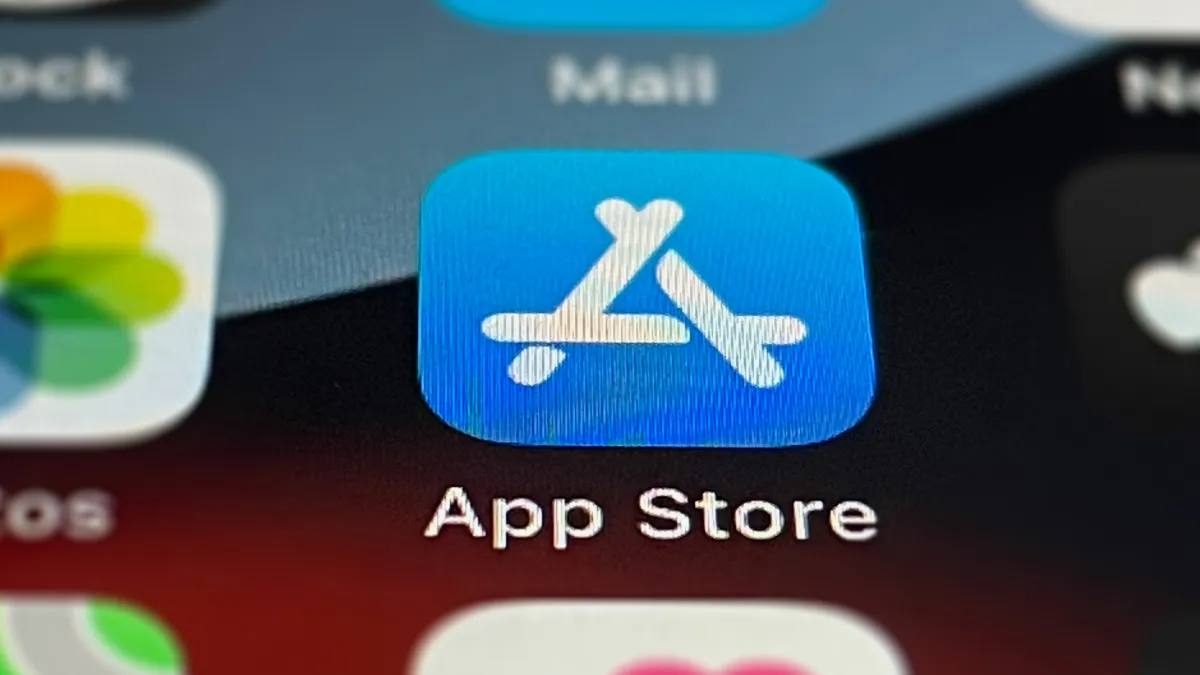In the latest development highlighting Big Tech’s mounting legal battles in Europe, Apple Inc. is set to face a fine from the European Union (EU) close to €500 million ($539 million) over the bloc’s investigation into allegations the iPhone maker silenced music-streaming rivals like Spotify Technology SA.
This financial penalty comes as Apple is already grappling with sweeping changes mandated by the EU’s landmark Digital Markets Act (DMA) that aim to dramatically alter the company’s control over its lucrative App Store and iOS ecosystem more broadly.

The DMA, which came into force in May 2023, is one of the first comprehensive regulatory frameworks aimed at reining in the market power of the world’s largest technology firms.
The act identifies and regulates “gatekeepers” in the digital realm – companies providing core platform services like online search engines, app stores, and messaging apps that have an entrenched market position and a significant impact on the EU’s internal market.
Spotify Sparks Anti-Competition Probe
In a separate but related legal battle, news emerged that the EU is preparing to levy a landmark €500 million ($539 million) fine against Apple as part of its investigation into allegations the tech giant engaged in anti-competitive practices related to the App Store and music streaming services.

The probe was sparked nearly four years ago by a complaint from Spotify. The leading music streaming platform alleged Apple forced it to ramp up subscription prices to cover Apple’s 30% cut on all purchases made through the App Store, in what Spotify characterized as a “stranglehold” limiting choice and competition.
The EU has been investigating whether Apple blocked music streamers from telling users about cheaper ways to subscribe outside Apple’s platform where it takes a significant revenue share.
Fining Apple close to half a billion euros would represent a major ruling against the company after years of complaints from services delivered via iPhone apps.
EU Targets Apple’s “Gatekeeper” Status
The European Commission has designated 22 services from major tech companies like Apple, Google, Amazon, Meta Platforms (Facebook), and Byte dance (TikTok) as falling under the “gatekeeper” designation and subject to a set of obligations and restrictions designed to promote fair competition.
Among the services impacted is Apple’s tightly controlled App Store, which has long taken a 30% commission on many digital sales – serving as a major revenue generator for the company while also drawing fierce criticism from developers and competitors.
Under the DMA, Apple will be required to allow “sideloading” – enabling users to install apps from third-party sources outside of the official App Store.
This will likely pave the way for rival app stores, potentially from companies like Microsoft or Epic Games, to operate on iOS devices and compete directly with Apple’s first-party offering.
Messaging interoperability requirements, giving users more choices for pre-installed apps, and other provisions in the DMA also appear poised to force significant changes at Apple.
Potential Security Risks
The prospect of loosening Apple’s grip over what apps can run on hundreds of millions of iOS devices has raised concerns about potential security risks, however.
Apple has long touted its tight control over the App Store approval process as a critical safeguard against malicious apps, phishing attempts, and data threats – in contrast to more open mobile ecosystems like Android.

In preparation for complying with the new rules, Apple has announced a series of changes impacting iOS, Safari, and the App Store in the EU.
This includes over 600 new APIs as well as expanded app analytics, functionality for alternative browser engines, and options for processing app payments and distributing iOS apps outside of Apple’s official channels.
“While these changes can help manage the new landscape, they do not eliminate all risks,” cautions tech analyst Alice Thompson at Verisk. “Regular updates and security measures will be necessary for managing this new environment.”
Apple Pushes Back Against Fines, Regulations
Apple has signaled it plans to fight the EU’s gatekeeper designations under the DMA, with a legal challenge reportedly in the works ahead of a November 16th deadline. Even so, the company will still be required to comply with the act’s core requirements beginning in March 2024.

Apple has never faced a competition fine from the European Commission before, although it did receive a €1.1 billion penalty from French authorities in 2020 for anti-competitive agreements with wholesalers. The company and other U.S. tech giants are facing increasing regulatory scrutiny over antitrust concerns in Europe and globally.
Failure to adhere to the DMA’s requirements can incur heavy additional penalties of up to 10% of a company’s global annual revenue.
For Apple, with over $365 billion in sales last year, that amounts to a potential $30 billion fine, though any actual levies are expected to be substantially lower.
Broader Efforts to Rein in Big Tech
The DMA and fines against Apple are ultimately part of broader efforts by European authorities to crack down on alleged anti-competitive behavior by dominant U.S. tech firms and open up digital markets to more competition, following on the heels of recent major antitrust rulings and regulations targeting the practices of Google, Facebook-owner Meta, Amazon and others.
For example, Google is currently appealing over €8 billion in fines levied by the EU in three separate competition investigations.
The legal and regulatory battles underway could have profound implications, reshaping the tech industry’s global playing field.
These shifts in the landscape could significantly curb the power of dominant platforms, open the gates to increased competition, and expand consumer choices – but also create new security risks and compliance burdens for the world’s biggest tech firms as they operate across regulatory regimes with different requirements.
Read about OpenAI Valued at $86 Billion in Massive Employee Tender Offer












Comments 3